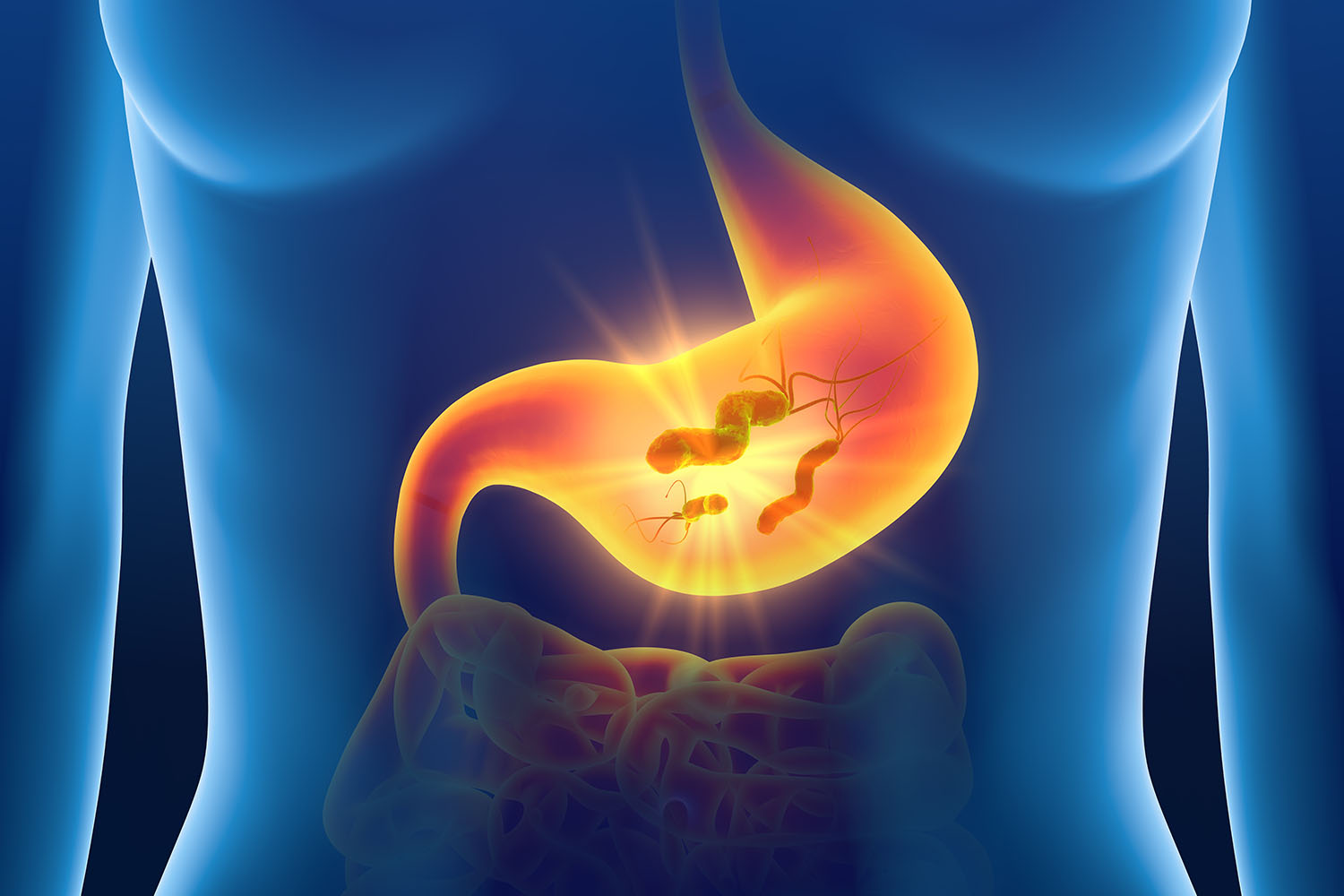Overview
Gastritis, an inflammation of the stomach lining, is a common condition that affects millions worldwide. This condition can be acute or chronic and can result from various factors including infection, stress, excessive alcohol consumption, and prolonged use of nonsteroidal anti-inflammatory drugs (NSAIDs). Effective gastritis treatments are crucial for alleviating symptoms and preventing complications. This blog explores gastritis treatments backed by international research, highlighting the most effective and innovative approaches.

Understanding Gastritis
Before diving into treatments, it’s essential to understand the nature of gastritis. Symptoms often include stomach pain, nausea, vomiting, and a feeling of fullness in the upper abdomen. In many cases, gastritis is caused by the bacterium Helicobacter pylori (H. pylori), which requires specific treatment to eradicate.
Pharmacological Treatments
Antibiotics
For gastritis caused by H. pylori, a combination of antibiotics is the standard treatment. A study published in The Lancet found that a regimen including clarithromycin, amoxicillin, and a proton pump inhibitor (PPI) was highly effective in eradicating H. pylori and reducing gastritis symptoms . This triple therapy is recommended by health authorities worldwide, including the World Health Organization (WHO) and the American College of Gastroenterology.
Proton Pump Inhibitors (PPIs) and H2 Blockers
PPIs, such as omeprazole and esomeprazole, reduce stomach acid production, promoting healing of the stomach lining. According to a review in the Journal of Gastroenterology, PPIs are effective in treating both acute and chronic gastritis by providing symptomatic relief and facilitating mucosal healing . H2 blockers, like ranitidine and famotidine, also reduce acid production but are generally considered less effective than PPIs.
Lifestyle and Dietary Changes
International research underscores the importance of lifestyle and dietary modifications in managing gastritis. A study in Gut, a leading gastroenterology journal, highlights that avoiding irritants such as NSAIDs, alcohol, and spicy foods can significantly reduce symptoms . Incorporating a diet rich in fruits, vegetables, and whole grains, while avoiding processed foods, can promote stomach health.
Natural and Alternative Therapies
Probiotics
Probiotics have gained attention as a complementary treatment for gastritis. Research from the World Journal of Gastroenterology indicates that probiotics can help balance the stomach’s microbiota, reducing inflammation and symptoms of gastritis . Strains such as Lactobacillus and Bifidobacterium are particularly beneficial.
Herbal Remedies
Herbal remedies are widely used in various cultures to treat gastritis. A review in Phytotherapy Research found that herbs like ginger, turmeric, and licorice root have anti-inflammatory and gastroprotective properties, making them effective in managing gastritis symptoms . However, it’s important to consult healthcare providers before starting any herbal treatments to avoid potential interactions with conventional medications.
Innovative Gastritis Treatments
Helicobacter pylori Eradication Vaccines
One of the most promising areas of research is the development of vaccines against H. pylori. Studies published in Clinical and Vaccine Immunology suggest that these vaccines could provide long-term protection against H. pylori infection, thus preventing gastritis and its complications .
Stem Cell Therapy
Stem cell therapy is an emerging field with potential applications in treating chronic gastritis. Research from Stem Cells Translational Medicine indicates that stem cell therapy could promote regeneration of the damaged stomach lining, offering hope for those with severe gastritis that doesn’t respond to conventional treatments .
Gastritis treatments have evolved significantly, thanks to ongoing international research. From effective pharmacological interventions and lifestyle changes to innovative therapies like vaccines and stem cell treatment, the options for managing gastritis are expanding. It’s essential for patients to work closely with their healthcare providers to determine the most suitable treatment plan based on their specific condition and needs.
By staying informed about the latest research and advancements, individuals with gastritis can achieve better management of their symptoms and improve their overall quality of life.



